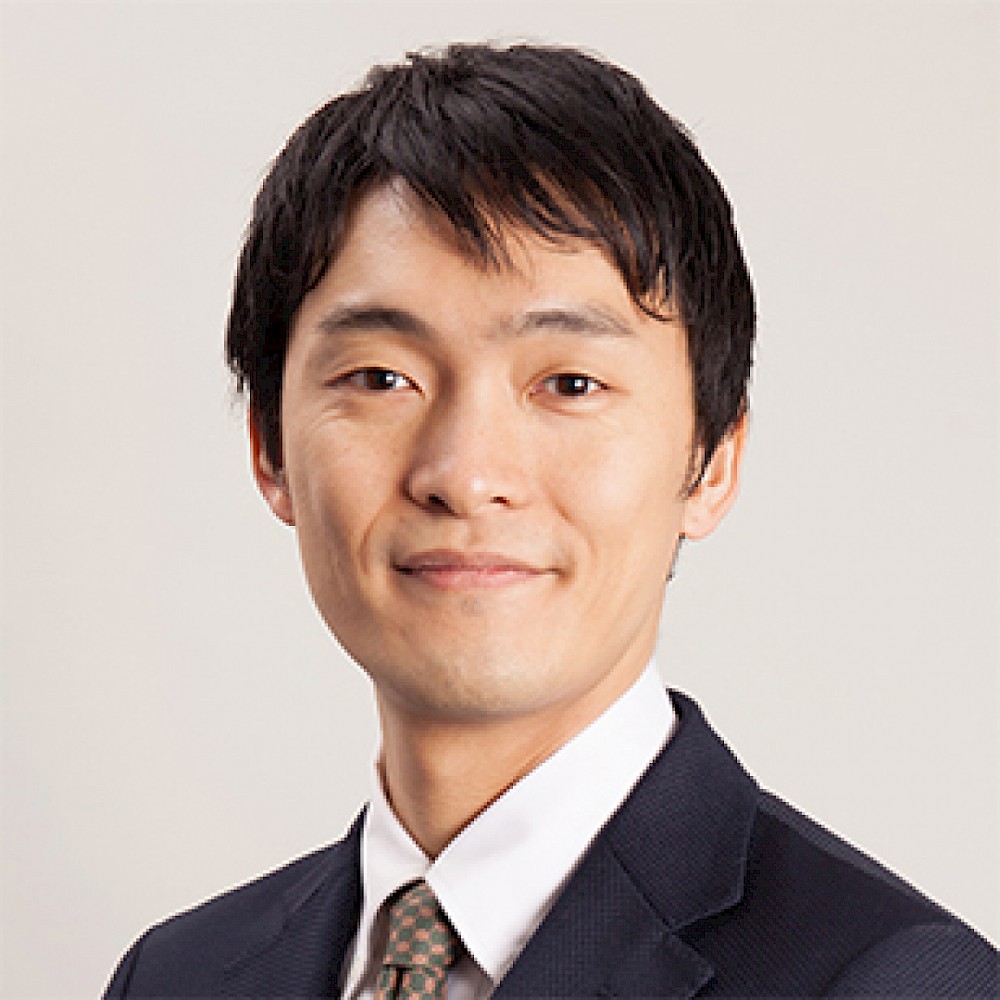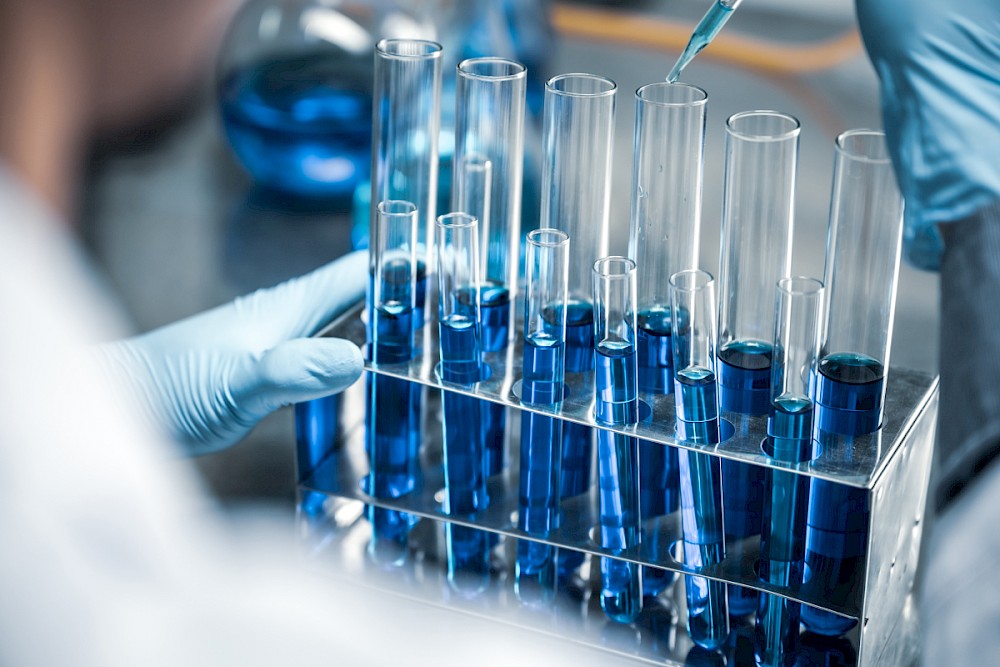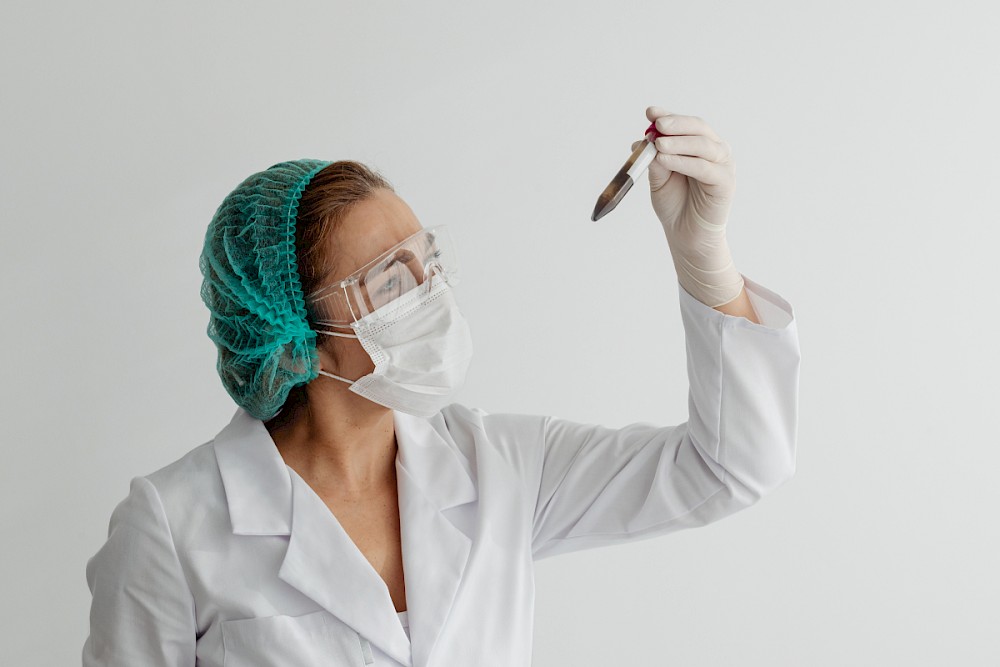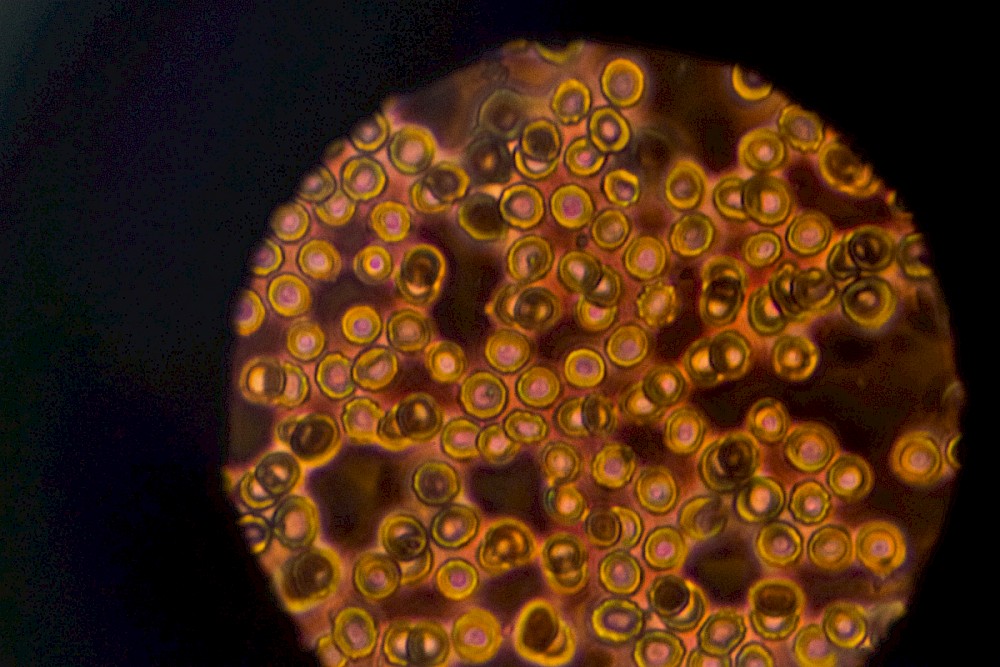
Pharma and contract research organisations (CRO) both face multiple challenges when it comes to risk-based monitoring (RBM). These include the efficacy of on-site monitoring, critical and non-critical data errors, and the high cost of dedicated RBM technologies. These concerns have led to the development of the “Kondo method” by the Tokyo-based RBM specialist Dr. Hidenobu Kondo. His technique offers subject safety, data quality, and cost savings during any type of clinical trial.

Key takeaways
Due to the high quality of research conducted and the high volume of patients available, Japan is a popular location for clinical studies. Reducing the time spent on on-site monitoring is a cost saving that can be passed on to trial sponsors and represents a crucial differentiator in the crowded CRO market.
One of the top-tier CROs in Japan, A2 Healthcare, was founded in 2003. Today, its 1,200 employees support pharmaceutical companies and biotechs with clinical trials in Japan. Clinical monitoring is one of the company’s largest functions, with clinical research associates accounting for around half of the workforce. Dr. Kondo joined A2 Healthcare in 2009 and today leads the clinical team in implementing RBM.
Dr. Kondo and his team use the scalable Viedoc EDC system to gather site data to manage risks during clinical trials.

Dr. Kondo and his team identified how RBM can be implemented in smaller studies through the use of site risk assessment and central monitoring.
His method advocates switching between full and partial source data verification (SDV) and source data review (SDR). Using a monitor-driven risk assessment categorization tool (MRACT), switching is controlled through the study to ensure the reliability of the trial results.
“We adopted a strategy where site monitoring can be switched from 100% SDV/SDR to partial SDV/SDR, based on the results of site risk assessment by a MRACT and the central monitoring of results,” explains Dr. Kondo. “We used the MRACT to define the approach, which we will implement and control in our Viedoc system. So very simple.”
He continues: “One of the key success points is to ensure the reliability of the study results and the efficient monitoring of the study. We found that partial switching sites did not require any critical data correction. Because they had a smaller number of data corrections, on-site monitoring time was reduced by 30%.”
Using the Kondo method, RBM can be used for any type of study. “It works for all types: a small-sized study, a simple designed study, or a complicated study. Because we not only focus on SDV but also on SDR, we are required to confirm processes used by medical institutions and data collection, even in decentralised trials. I believe that using the Kondo Method can be effective in reducing site monitoring because of the reduction in workload. This helps make A2 Healthcare become a more competitive CRO,” adds Dr. Kondo.

Efficiency has been top of mind for Dr. Kondo even before he began his career in the Japanese pharmaceutical industry. While he was a student at Keio University, a leading research institution located in central Tokyo, he was eager to create a framework for more efficient drug development.
After graduation, Dr. Kondo joined A2 Healthcare. “I felt I could gain lots of experience in drug development if I started working here. I saw the way many pharmaceutical companies developed drugs and wanted to improve efficiency in every step. Also, A2 Healthcare is a company that always brings in new technologies for us to use. Viedoc is a special partner of A2 Healthcare and we have implemented the Kondo method using Viedoc EDC. We have had a good experience of using Viedoc EDC and I think there are many areas that we can explore together to implement the Kondo method.”
Dr. Kondo received his PhD from the Tohoku University Graduate School of Medicine in 2021 and is the winner of an Inspire Award from the global life-sciences association DIA, rewarding that his paper was the most downloaded in the DIA community in that year.

Discover the potential of Viedoc EDC systems
Want to know more about the Kondo-method? Contact A2 healthcare.

"What I like best about Viedoc is their approachable support and "can do" attitude. Their service has always been personal and reliable."